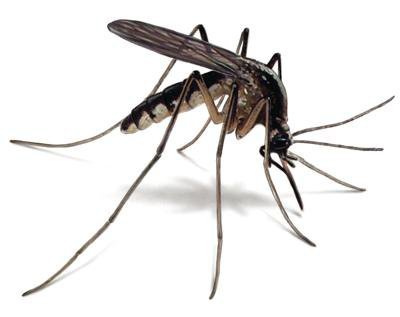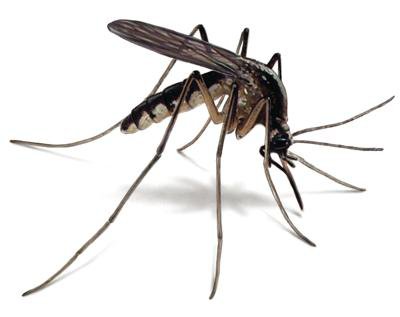The Aedes aegypti mosquito – also known as the mosquito that can carry the Zika virus and other communicable diseases – has officially arrived in San Joaquin County.
Mosquitoes that can carry Zika virus caught in SJ County trap






